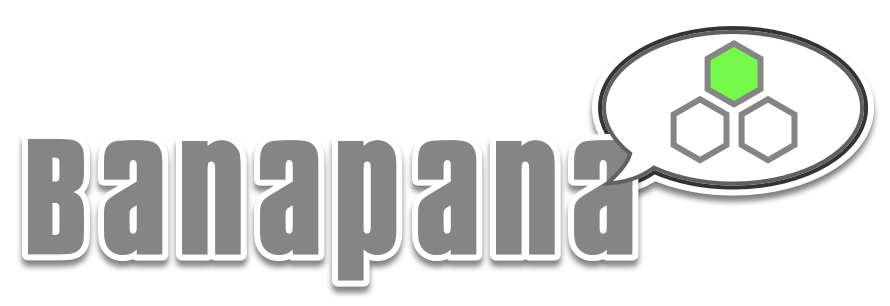End of Software Patents? Good!
The patent law blog just released a discussion of how the Patent and Trademark Office is beginning to change its policy with regard to the patenting of “processes.” I have to agree with a number of people in the comments who point out that the PTO’s decisions seem to be arbitrary and largely based on gobbledy-gook, but I don’t care. This is one case where I believe the means are much less important than the ends.
There has been a misconception occurring in our society for a long time that really began to manifest itself with the use of the term intellectual property. You see, there is no such thing. The very idea of property extending into any space other than real-space (i.e. thought-space, cyberspace, etc.) is preposterous. The whole of the foundation of property begins and ends with something that can be cordoned off as owned, and ideas simply do not match that criteria. The existence of copyright would otherwise be wholly unnecessary. Why not patent a book? Easy. Because there is more than one way to do it; and it is not that the ideas in the text should be protected, but the method with which the text is distributed—your right to copy.
There is no property in the zeitgeist. There is no way to cordon off an area of the zeitgeist and say, “This idea-space is mine; don’t think about it.” Software and processes are no different than texts in that regard. There are a hundred ways to write a program that accomplishes some task, and although it should be reasonable to protect one particular way, one particular program; it is not reasonable to try to protect the idea of the program—the process—in all its various forms. If I write a program that title-cases sentences1 it is not unreasonable for me to protect the particular structure (in a particular language) of that program. It is unreasonable and an unwarranted bending of the law to say that I own the rights to all programs that title-case sentences.
In fact, I go so far as to say it is downright stupid to pursue such a line of reasoning and that the only motivation for such is purely greed.
I’m glad to see the patent office pushing back. Software is speech. It should not be patentable.
-
Set aside for a second that a program that accomplished this is simple and fairly worthless. ↩


Comments
[…] there is such a thing as intellectual property. I rail against the idea of intellectual property quite often and so it should be no surprise that I do not think the separation of a work of art from its […]